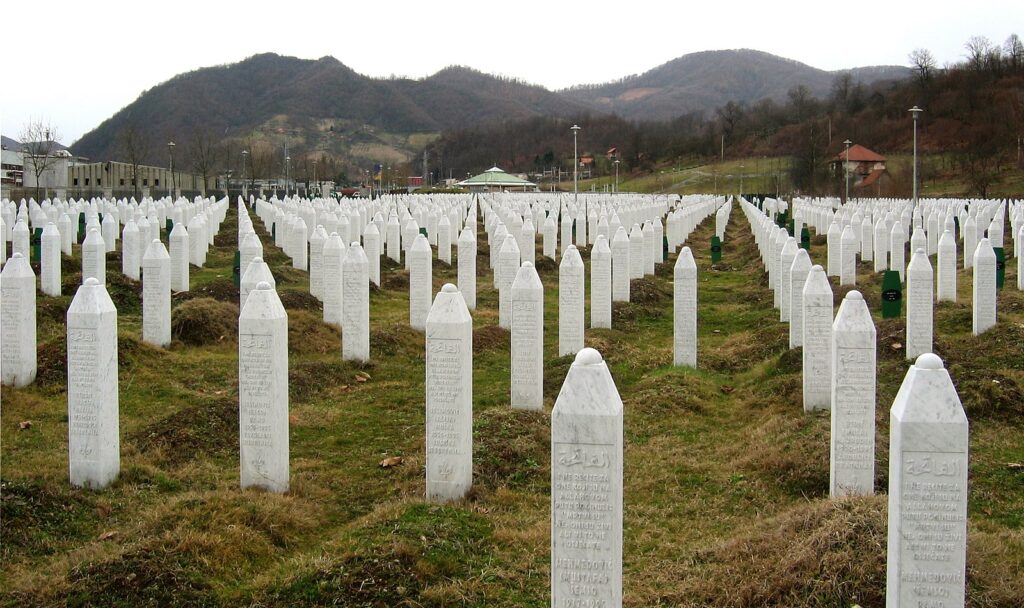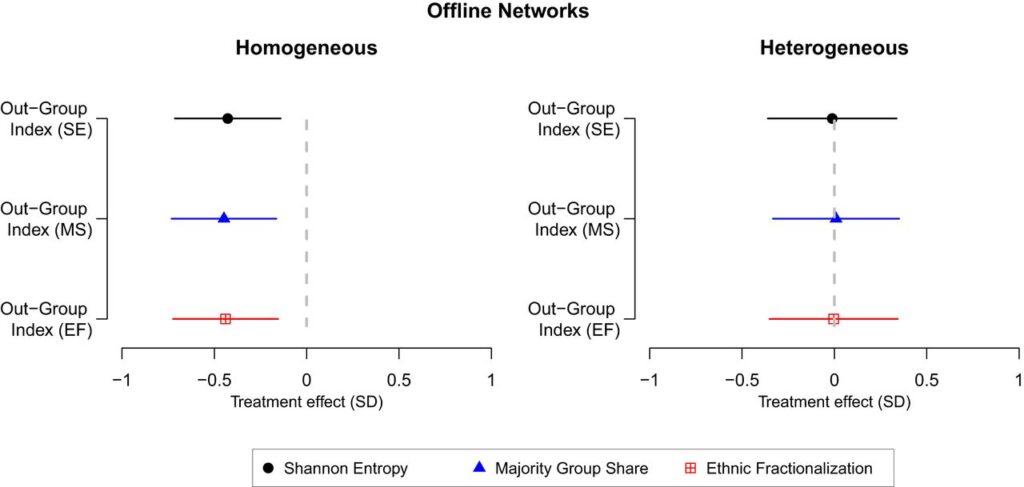New research on Facebook use in Bosnia and Herzegovina underscores complexity of relationship between social media and social dynamics
Justin Hendrix / Jun 16, 2021In recent months, Facebook has made a special effort to push back against the popular notion that the use of its platform necessarily leads to polarization in societies. VP of Public Policy Nick Clegg published a post on Medium in March arguing that "what evidence there is simply does not support the idea that social media, or the filter bubbles it supposedly creates, are the unambiguous driver of polarization that many assert." New research from the New York University Center for Social Media and Politics published in the Proceedings of the National Academies of Science suggests that the relationship between social media and political polarization is indeed complex, and may depend on other factors such as the the ethnic heterogeneity of a population.
Noting that most research on the subject has been in advanced democracies such as the United States, where Facebook use has been tied to political polarization, the researchers provide the results of a look at Facebook users in Bosnia and Herzegovina conducted during a period in July 2019, when the region typically observes a remembrance of the July 1995 Srebrenica massacre. A genocide of more than 8,000 Muslim men and boys, the massacre was the worst event of the war that erupted after Bosnia and Herzegovina declared independence from Yugoslavia in 1992.
"Particularly within settings with a more recent experience of war, understanding the dynamics of group processes is of vital importance," say the authors. "Given that the way these processes take place in online spaces can help or hinder the goal of transforming relations from antagonistic to constructive, social media should be considered and studied as one of the forces influencing the direction of countries’ postconflict paths."

The methodology- referred to as a deprivation study- required subjects to deactivate Facebook for a period of one week. Then, the researchers queried the sample of users to assess interethnic regard, the impact of social media use on news knowledge, and the subjects' sense of well being. Consistent with other studies, the researchers conclude that "deactivation of Facebook led to a significant decrease in users’ anxiety levels, with positive improvements suggested in other components of users’ subjective wellbeing." But, they also find that "Facebook deactivation had a negative impact on users’ outgroup attitudes," prompting the question, "Why might it be the case that moving off of Facebook at the time of a genocide commemoration led to higher levels of outgroup animosity?"
What they found is that the relative homogeneity or heterogeneity of a user's community impacted the result. They write that "it appears that the negative effect of Facebook deactivation on outgroup regard is almost entirely driven by users within the communities in which the opportunities for offline intergroup contact are limited (and in some cases possibly nonexistent), and they therefore may be living within offline echo chambers that are stronger than the ones users find online."

“Our findings suggest that simply deactivating from social media is not a panacea to ethnic polarization, especially if the offline environment provides little to no opportunities for positive intergroup contact,” said Nejla Ašimović, adoctoral candidate in NYU’s Department of Politics and lead author of the paper. “Given these results, future work should be mindful in making assumptions about social media’s impact and consider, with it, contextual factors and opportunities for intergroup contacts.”
The researchers are careful to point out that the "findings should be interpreted as being limited to a post-conflict area that is characterized by varying levels of spatial group segregation and no language comprehension barrier between the members of main ethnic groups, as well as during an emotionally and politically charged period," and they note that the study itself may have limitations, since "those actively using Facebook to propagate hatred and extremist views, of whom there are many, would possibly not show interest in participating in a study led by a US-based university and may thus not be fully captured within our sample." And, they note the study was conducted on a relatively small sample of ~350 users.
Nevertheless, it points to the necessity of more robust research on the relationship between social media and social dynamics, especially outside of the United States. "Among other things, it demonstrates that we need to think hard about the role of offline in/outgroup dynamics & local context when studying the effect of social media," said Andy Guess, a Princeton researcher who commented on the paper.
Testing the effects of Facebook usage in an ethnically polarized setting: Nejla Asimovic, Jonathan Nagler, Richard Bonneau, Joshua A. Tucker. Proceedings of the National Academy of Sciences, Jun 2021, 118 (25) e2022819118; DOI: 10.1073/pnas.2022819118
Authors
